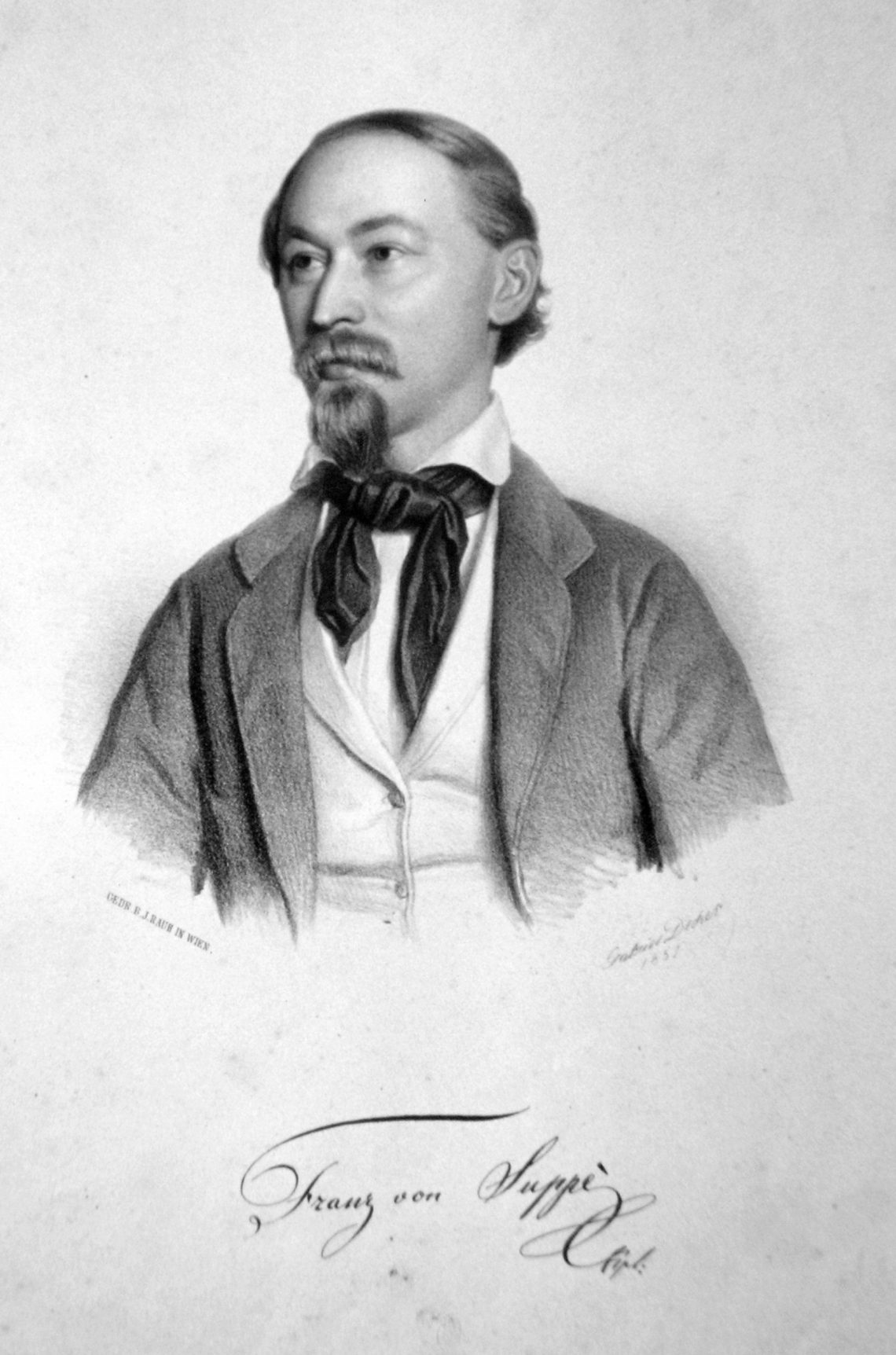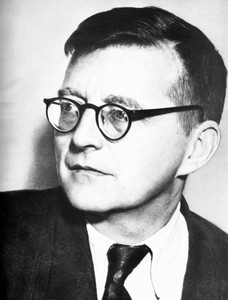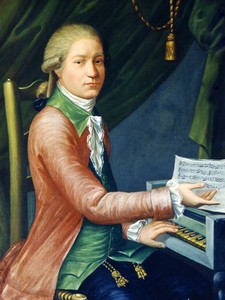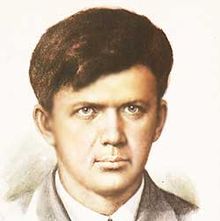
Franz von Suppé |
Franz von Soup
Suppe is the founder of the Austrian operetta. In his work, he combines some of the achievements of the French operetta (Offenbach) with the traditions of purely Viennese folk art – the singspiel, the “magic farce”. Suppe’s music combines the generous melody of the Italian character, Viennese dance, especially waltz rhythms. His operettas are notable for their superbly developed musical dramaturgy, vivid characterization of the characters, and variety of forms approaching operatic ones.
Franz von Suppe – his real name is Francesco Zuppe-Demelli – was born on April 18, 1819 in the Dalmatian city of Spalato (now Split, Yugoslavia). His paternal ancestors were immigrants from Belgium, who settled in the Italian city of Cremona. His father served in Spalato as a district commissioner and in 1817 married a native of Vienna, Katharina Landowska. Francesco became their second son. Already in early childhood, he showed an outstanding musical talent. He played the flute, from the age of ten he composed simple pieces. At the age of seventeen, Suppe wrote the Mass, and a year later, his first opera, Virginia. At this time, he lives in Vienna, where he moved with his mother in 1835, after the death of his father. Here he studies with S. Zechter and I. Seyfried, later meets the famous Italian composer G. Donizetti and uses his advice.
Since 1840, Zuppe has been working as a conductor and theater composer in Vienna, Pressburg (now Bratislava), Odenburg (now Sopron, Hungary), Baden (near Vienna). He writes countless music for various performances, but from time to time he turns to major musical and theatrical forms. So, in 1847, his opera The Girl in the Village appears, in 1858 – The Third Paragraph. Two years later, Zuppe made his debut as an operetta composer with the one-act operetta The Boarding House. So far, this is only a test of the pen, like the Queen of Spades (1862), which follows it. But the third one-act operetta Ten Brides and Not a Groom (1862) brought the composer fame in Europe. The next operetta, The Merry Schoolchildren (1863), is based entirely on Viennese student songs and thus is a kind of manifesto for the Viennese operetta school. Then there are the operettas La Belle Galatea (1865), Light Cavalry (1866), Fatinica (1876), Boccaccio (1879), Dona Juanita (1880), Gascon (1881), Hearty friend” (1882), “Sailors in the homeland” (1885), “Handsome man” (1887), “Pursuit of happiness” (1888).
The best of Zuppe’s works, created over the course of one five years, are Fatinica, Boccaccio and Doña Juanita. Although the composer always worked thoughtfully, carefully, in the future he could no longer rise to the level of these three of his operettas.
Working as a conductor almost until the last days of his life, Suppe wrote almost no music in his declining years. He died on May 21, 1895 in Vienna.
Among his works are thirty-one operettas, a Mass, a Requiem, several cantatas, a symphony, overtures, quartets, romances and choirs.
L. Mikheeva, A. Orelovich





